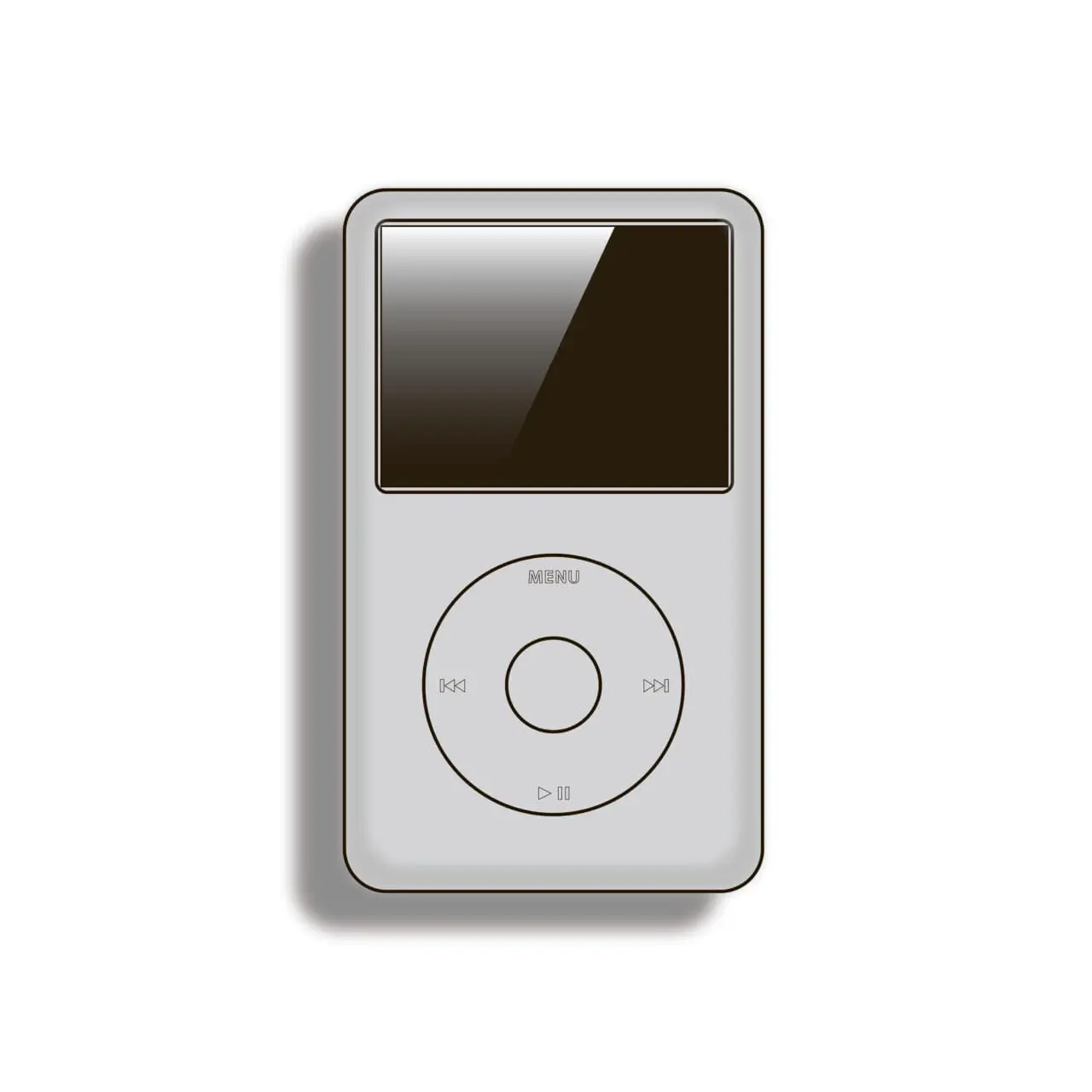

With the unveiling of the iPod in 2001, Steve Jobs forever transformed the music industry. This small, sleek device allowed users to carry their personal music library anywhere, revolutionizing the way people accessed and interacted with music. Prior to the iPod, music lovers were restricted by the limited storage capacity of CDs and the cumbersome nature of portable CD players. The iPod’s streamlined design and vast storage space quickly made it an indispensable accessory for music enthusiasts worldwide.
Apple’s shift from focusing primarily on computers to diversifying into consumer electronics was a strategic move that significantly bolstered the company’s financial standing. The introduction of the iPod marked a turning point in Apple’s journey, establishing it as a frontrunner in the consumer electronics space. This product diversification strategy not only attracted a wider audience but also provided Apple with a steady income stream that helped revive its financial status.
The launch of the iPod gave birth to the digital music era. Touted as a device that could store “a thousand songs in your pocket”, the iPod offered unprecedented storage capabilities, making it possible for users to carry a vast array of songs with them anywhere. This revolutionized the music market by shifting the focus from physical CDs to digital music files, which were easily downloadable and transferable.
With the iPod came iTunes, Apple’s digital music platform. iTunes offered a legal, user-friendly platform for digital music downloads, providing artists with a fair compensation model while giving consumers an easy way to purchase and organize their music. This symbiotic relationship between the iPod and iTunes led to Apple’s domination of the digital music market, setting a new standard in the industry.
The iPod’s unveiling marked the end of the Walkman era. Although both devices offered portable music listening capabilities, the iPod’s vast storage, sleek design, and user-friendly interface outshone the Walkman’s cassette and CD-based technology. The iPod ushered in a new era of portable digital music, forever changing the way we listen to music on the go.
The iPod’s portability and storage capacity not only changed the way we consume music but also fostered a generation of music lovers who could take their music wherever they went. The iPod catered to a mobile lifestyle, enabling people to soundtrack their lives and discover new music genres and artists on the move.
The iPod was the embodiment of Steve Jobs’ belief in the power of simplicity. With its minimalist design and intuitive interface, the iPod appealed to users of all ages and technological abilities. Jobs’ vision was to create a device that would make digital music accessible to everyone, and the iPod achieved this by simplifying the way people stored, organized, and listened to their music.
The iPod’s success paved the way for subsequent Apple innovations, including the iPhone and iPad. As well as revolutionising the music industry, the iPod also profoundly influenced the design and functionality of future mobile devices. Its innovative click-wheel navigation, minimalist aesthetic, and digital approach to media consumption set new standards in the tech industry, influencing generations of devices to come.
Beyond its primary function as a music player, the iPod has been deployed in unexpected ways. Its powerful processing capabilities have seen it utilised in fields such as education, healthcare, and even space travel. Despite being discontinued in 2014, the iPod’s influence extends beyond music, proving its versatility and the far-reaching vision of Steve Jobs.

This website uses cookies to improve your experience. Choose what you're happy with.
Required for the site to function and can't be switched off.
Help us improve the website. Turn on if you agree.
Used for ads and personalisation. Turn on if you agree.
This website uses cookies to improve your experience. Choose what you're happy with.
Required for the site to function and can't be switched off.
Help us improve the website. Turn on if you agree.
Used for ads and personalisation. Turn on if you agree.